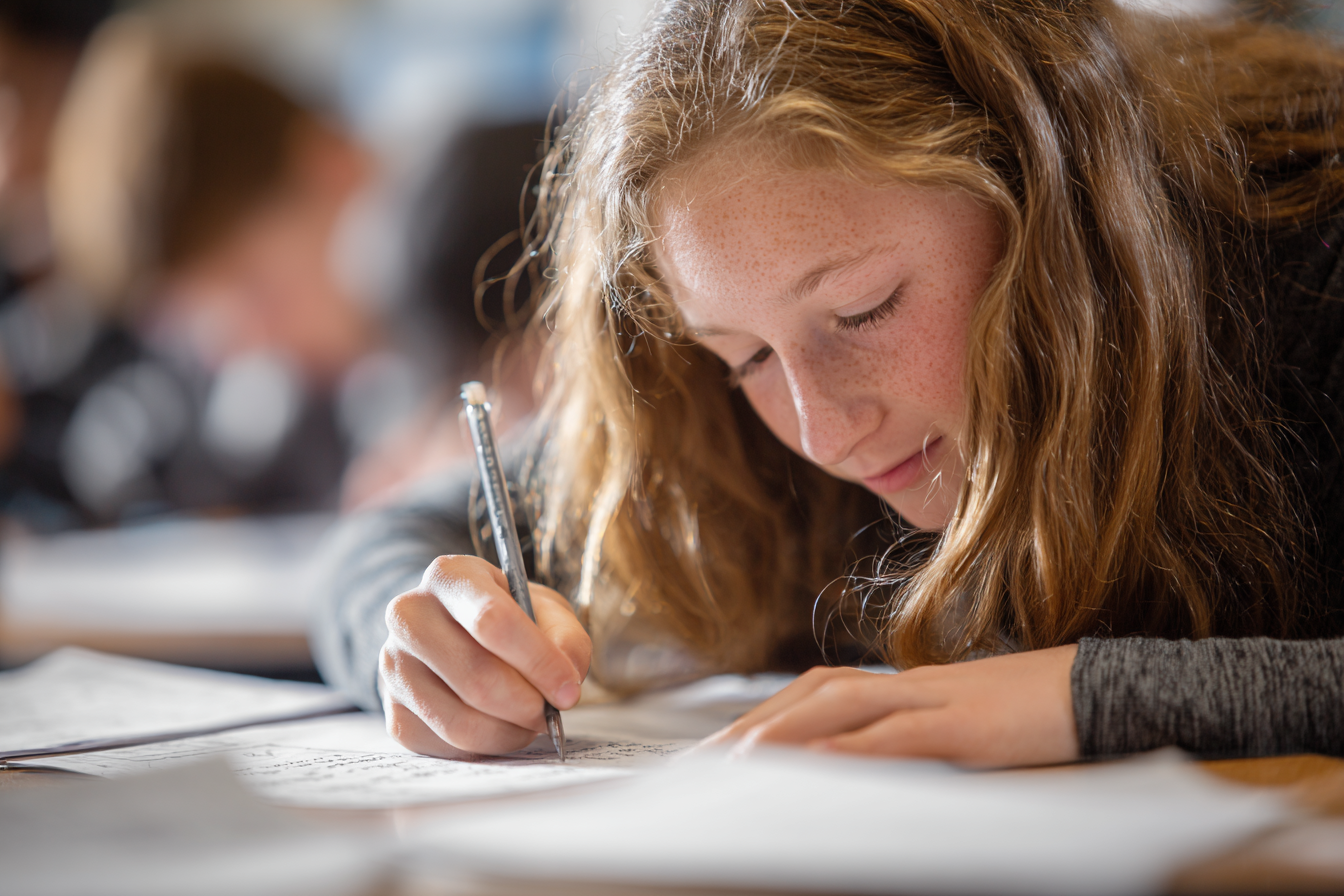Unit Plan 24 (Grade 7 Social Studies): Scientific Revolution—Observation and Reason
Explore how observation, experimentation, and reasoning ignited the Scientific Revolution—transforming astronomy, physics, and medicine while reshaping ideas about truth, authority, and civic life in early modern Europe.

Focus: Investigate how observation, experimentation, and reasoning transformed astronomy, physics, and medicine in early modern Europe and beyond.
Grade Level: 7
Subject Area: Social Studies (World History • Civics/Ideas • Inquiry)
Total Unit Duration: 5 sessions (one week), 50–60 minutes per session
I. Introduction
Students trace a shift from authority-based knowledge to evidence-based inquiry by examining turning-point figures and practices—star charts and telescopes in astronomy, laws and experiments in physics, and anatomical drawings and hospitals in medicine. They compare old and new explanations and consider how ideas about truth, rights, and authority evolved.
Essential Questions
- How did the methods of the Scientific Revolution (observation, measurement, experimentation) change what people accepted as true?
- Why did discoveries in astronomy, physics, and medicine matter for everyday life and government?
- What tensions emerged between new knowledge and traditional authorities—and how were they navigated?
II. Objectives and Standards
Learning Objectives — Students will be able to:
- Describe the methods and tools (observation logs, instruments, controlled tests) that defined scientific work and explain how they differed from earlier approaches (Hist.4–5).
- Summarize key developments in astronomy, physics, and medicine and connect them to broader social and political change (Hist.4–5; Civ.4).
- Gather and organize information from varied sources (diagrams, excerpts, data tables, images) into structured notes and organizers (Inq.2).
- Construct an explanation of multiple causes for a discovery (tools, math, collaboration, patronage) and note what continued from older traditions (Hist.5).
- Identify how ideas about reason, evidence, and rights influenced later civic ideals (Civ.4).
Standards Alignment — 7th Grade (C3-based custom)
- 7.C3.Hist.4–5 — Turning points/legacies; explanations of change/continuity with multiple causes.
- 7.C3.Inq.2 — Gather/organize information from multiple source types.
- 7.C3.Civ.4 — Civic ideals (justice, rule of law, liberty) in belief systems and early governments.
Success Criteria — Student Language
- I can explain a discovery using evidence from at least two different source types (text + image/data).
- I can show what changed and what stayed the same in methods or beliefs.
- I can link scientific ideas to civic ideals about reason, debate, and rights.
